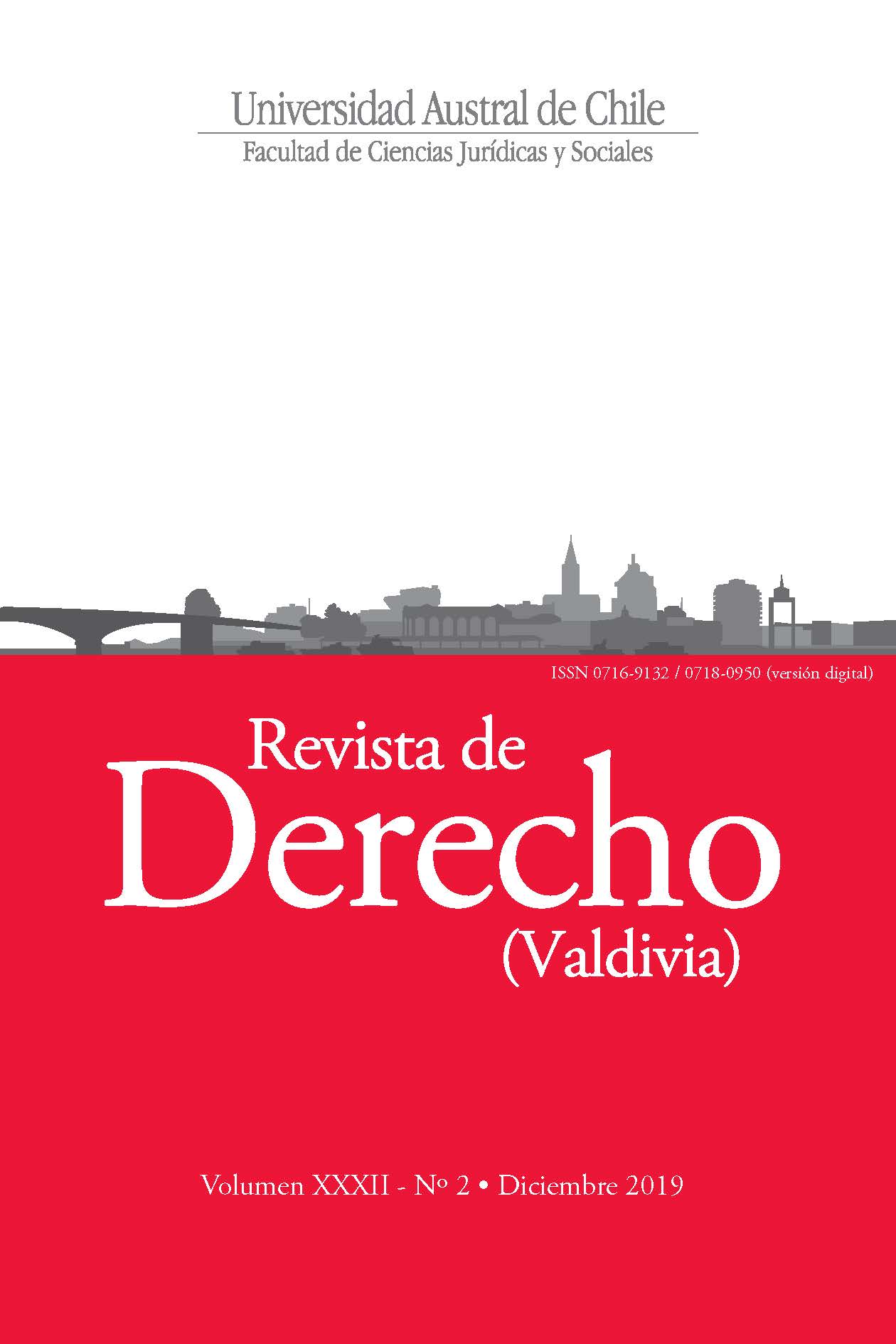The biogenetic attribution and the parental bilateralism in Colombia from changes generated by assisted reproduction technologies
Main Article Content
Abstract
This study examines the meaning of biogenetic parenthood attribution and parental bilateralism in Colombia as traditional elements that determine filiation, through the changes brought about by the enactment of ART. The methodology involved a biographic review, assessing the concept of family, filiation, and assisted reproduction. Furthermore a number of interviews and focus groups were completed that examined 3 features associated with kinship, the biogenetic parenthood model, and parental bilateralism. The following attributes were identified: (i) available alternatives associated with the act of reproduction that forgo the exclusively biological process and allows one to “elect” to become a parent; (ii) the commercialization of the reproduction process as one’s rightful decision and autonomy to procreate; (iii) the alternatives to kinship that allows for the possibility of choosing to be a parent with or without a genetic link; and (iv) parental diversity as an acknowledgement of the various forms employed nowadays to establish kinship. The results of the study suggest that a mechanism other than blood is required to establish kinship, while recognizing the differences and dignity of the protagonists involved in each parenthood project.

